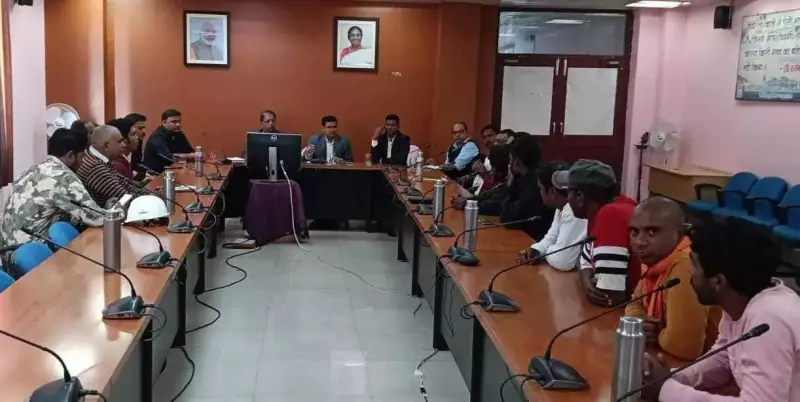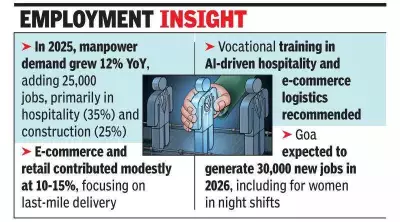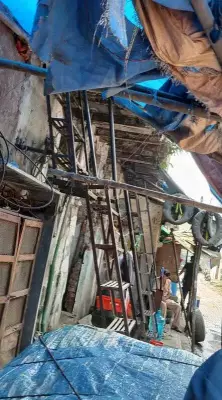
Senior district administration officials in Bokaro successfully mediated a critical meeting on Thursday to resolve the ongoing labor dispute that had halted production at the crucial Bokaro Thermal Power Station (BTPS). The intervention came after contractual workers at the plant's fly ash pond refused to continue operations, demanding higher wages.
Power Production Halts Over Wage Dispute
The 500 MW capacity thermal power station faced complete production shutdown earlier this week when its contractual workers, specifically those handling fly ash removal, initiated protest action. The workers had stopped removing fly ash from the site, bringing operations to a standstill while pressing for improved wage structures.
Damodar Valley Corporation (DVC) officials maintained silence on the developing situation when initially contacted by media representatives. The production halt threatened severe consequences for the region's power supply infrastructure.
Seven Districts Face Power Cut Threat
The Bokaro Thermal Power Station serves as a critical electricity provider to seven important districts in Jharkhand. The affected regions include:
- Dhanbad
- Koderma
- Giridih
- Hazaribagh
- Ramgarh
- Ranchi
- Bokaro
With the production stoppage, these districts were staring at potentially prolonged power cuts that could have disrupted daily life, commercial activities, and essential services across the region.
Administration Intervention Breaks Deadlock
In a decisive move to resolve the impasse, Additional Collector Mohammad Mumtaz Ansari and Bermo Subdivisional Officer Mukesh Macchua convened a crucial meeting at the BTPS conference hall. The high-level discussions brought together DVC management representatives and worker delegates to find common ground.
Officials confirmed that power production had already resumed when the negotiations took place, indicating initial steps toward normalization. Following the productive discussions, Additional Collector Ansari expressed optimism about the outcomes.
"The discussions were positive and result-oriented," Ansari stated. "The DVC management provided assurances that technical issues would be promptly addressed and that workers' reasonable demands would receive sympathetic consideration. In return, worker representatives committed to cooperating in maintaining smooth production operations."
The meeting concluded with a unanimous agreement that future disputes would be settled through open dialogue and mutual understanding, establishing a framework for preventing similar crises.
Deputy Commissioner Ajay Nath Jha, who had been closely monitoring the situation, revealed that he maintained direct communication with the DVC chairman throughout the resolution process. "The district administration's primary focus remains ensuring effective coordination between industrial management and workers," Jha emphasized. "This approach guarantees that the district's industrial growth continues steadily and harmoniously."
The successful intervention by district authorities prevented what could have developed into a major power crisis affecting millions of residents across seven Jharkhand districts, while also addressing the legitimate concerns of the workforce.





